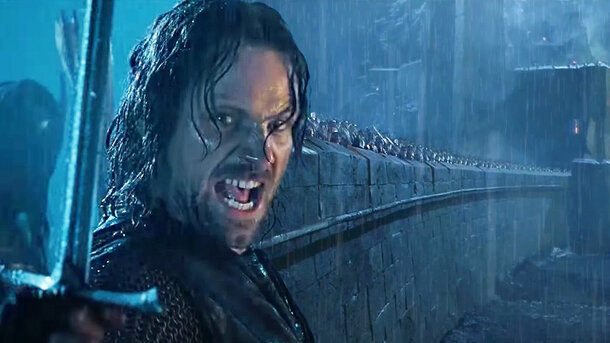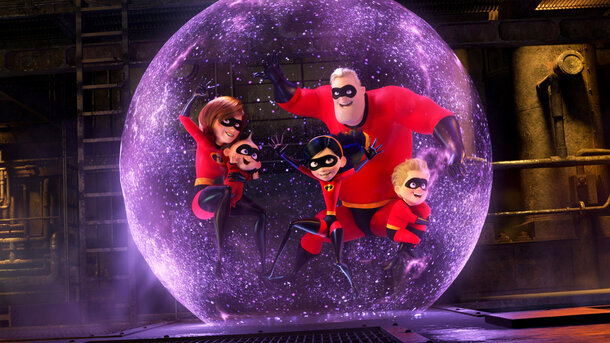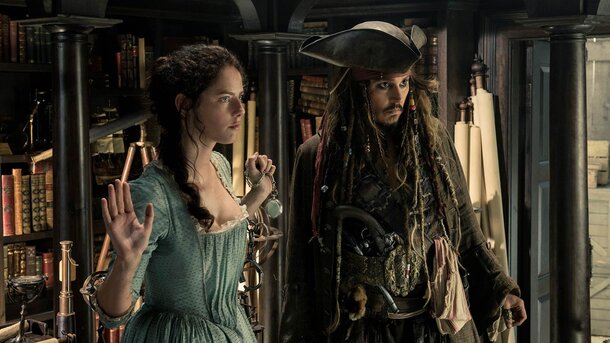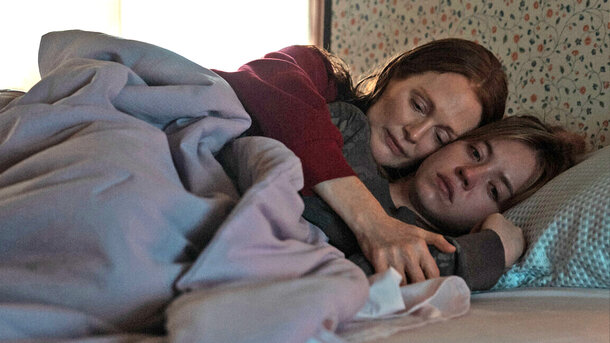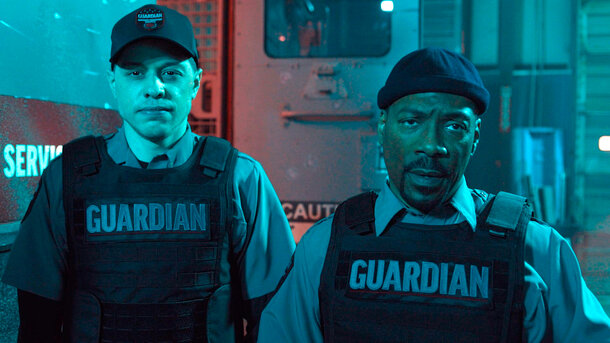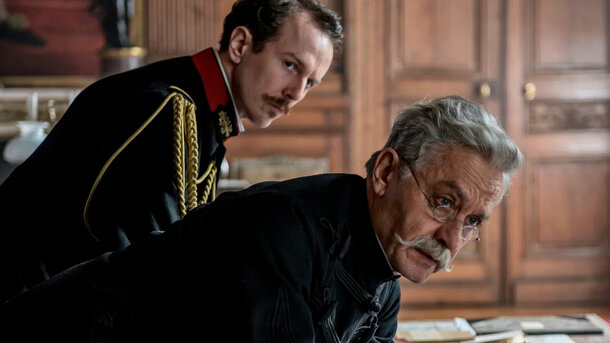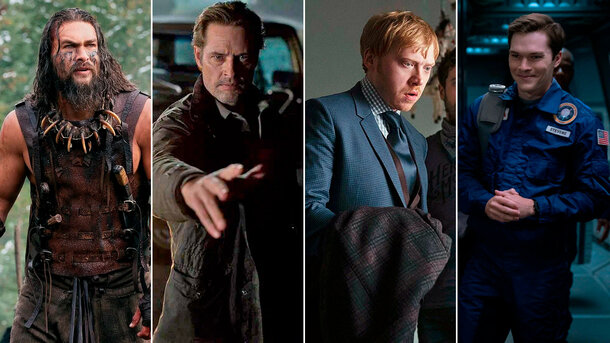Peter Jackson’s The Lord of the Rings trilogy is a cinematic masterpiece that brought J.R.R. Tolkien’s epic tale to life. However, despite its brilliance, the films took creative liberties with the source material. One of the most controversial changes in The Two Towers is Jackson’s alteration of the Battle of Helm’s Deep — one that contradicts Tolkien’s themes regarding the Elves and Middle-earth’s future.
The Unexpected Arrival of the Elves at Helm’s Deep
In Jackson’s adaptation, the Elves arrive at Helm’s Deep just before Saruman’s massive Uruk-hai army lays siege to the stronghold. Led by Haldir (Craig Parker), these Elven warriors reinforce the desperate Rohirrim, helping them hold out until Gandalf (Ian McKellen) arrives with Éomer (Karl Urban) and his reinforcements. This moment emphasizes unity among Middle-earth’s Free Peoples.
However, Tolkien’s original version plays out differently. Instead of 300 Rohirrim defending Helm’s Deep, the books describe around 3,000 men. Éomer and his forces are already present, and Gandalf arrives with Erkenbrand and his men, turning the tide of battle.

Jackson acknowledges in The Two Towers Extended Edition DVD commentary that adding the Elves was his idea. "If for no other reason, it’s kind of a device of a battle build-up," he explains. His co-writers justify the change by referencing Tolkien’s appendices, which describe the Elves and Dwarves fighting Sauron’s forces elsewhere. Including them at Helm’s Deep was meant to evoke the Last Alliance of Elves and Men.
Undermining Tolkien’s Core Message
While this addition made for a thrilling cinematic moment, it contradicts one of Tolkien’s key themes: the passing of the Elves and the dawn of the Age of Men. Tolkien deliberately left the Elves out of this battle to show that Middle-earth’s fate now rested solely in the hands of Men.
Jackson originally intended for Liv Tyler’s Arwen to lead the Elves into battle, but fan backlash led to her replacement by Haldir. Eagle-eyed viewers can still spot Arwen in the background of battle sequences, hinting at how late this change was made. The controversy raises an interesting question: Was the issue Arwen’s presence, or the inclusion of Elves altogether?
Did the Elves Really Need to Be There?

Perhaps the most puzzling aspect of Jackson’s decision is that the Elves ultimately do not change the outcome of the battle. Haldir and his warriors perish, reinforcing the tragedy of war but adding little to the overall narrative. The battle could have unfolded just as effectively with more Rohirrim instead. Théoden’s stand at Helm’s Deep was meant to be a defining moment for Men, a precursor to their role in The Return of the King.
Tolkien’s The Lord of the Rings is rooted in the idea that Middle-earth’s fate must be decided by Men. While Elves played a crucial role in past wars, by the time of The Two Towers, their era is over. The Elves’ presence at Helm’s Deep, while emotionally compelling, shifts the focus from Middle-earth’s new reality — the Age of Men.
While Jackson’s adaptation remains beloved, this change continues to spark debate. Was it necessary for cinematic drama, or did it fundamentally alter Tolkien’s message? Either way, the battle at Helm’s Deep remains one of the most unforgettable sequences in fantasy cinema.
